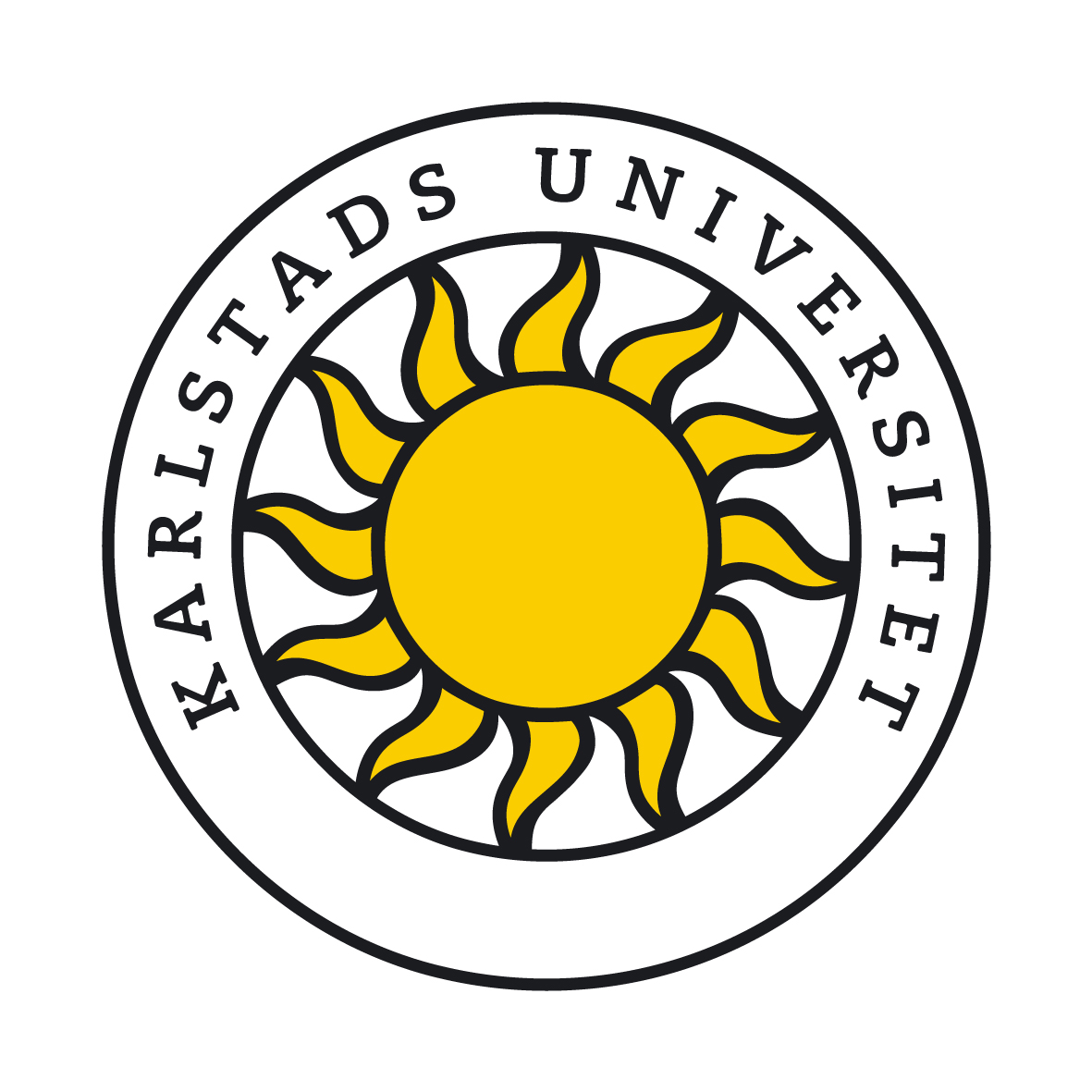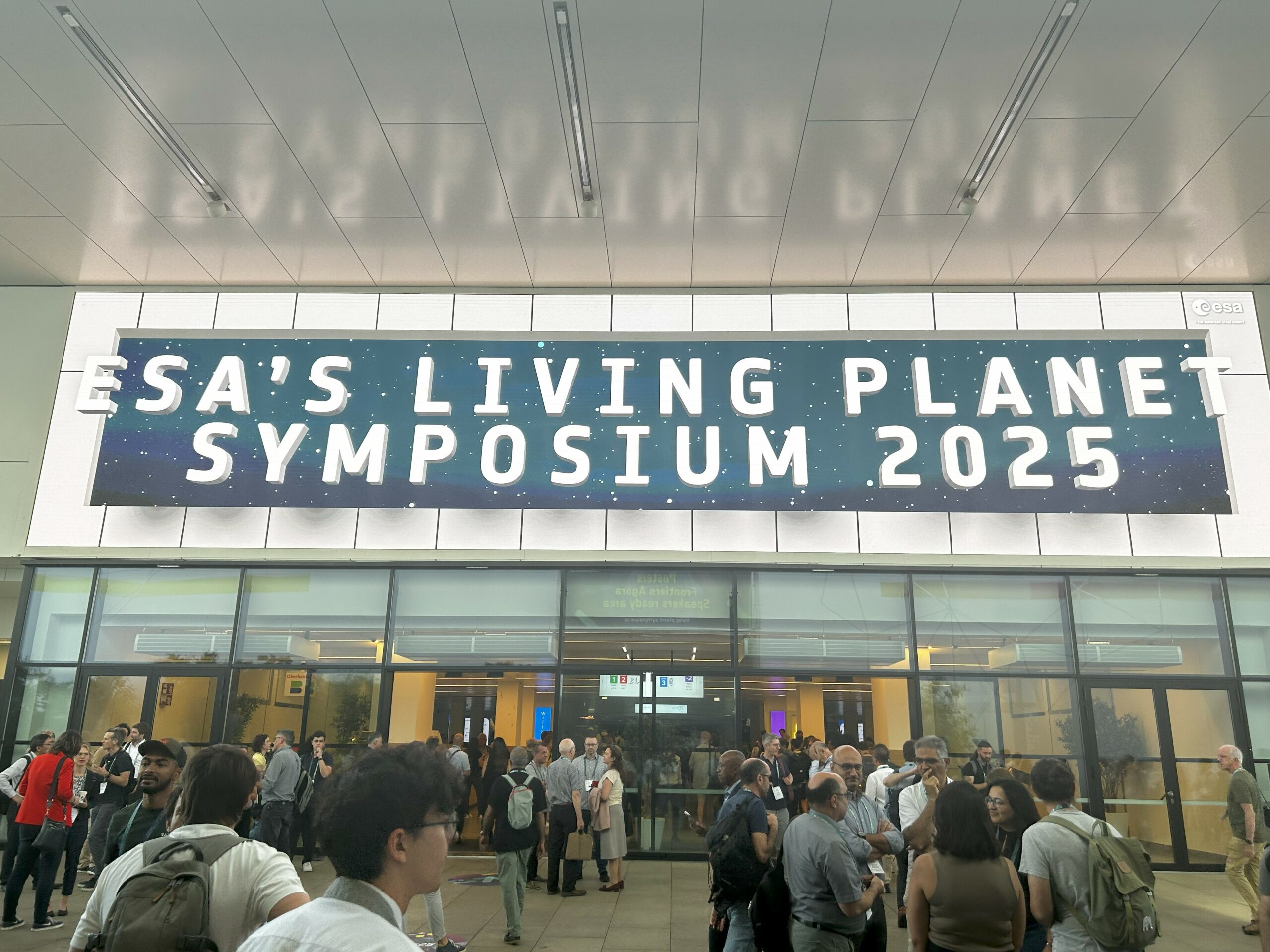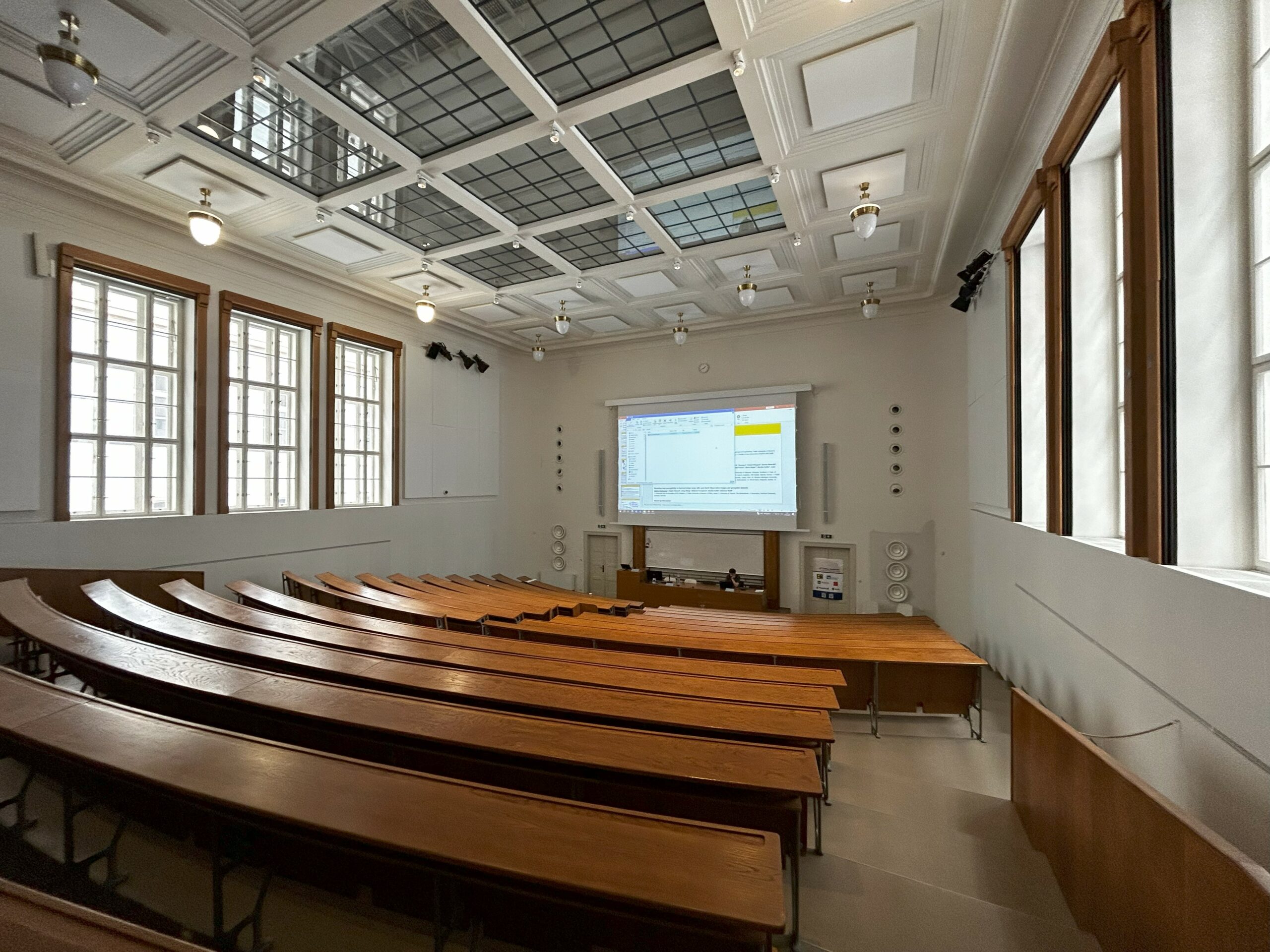Reflections from the ESA Living Planet Symposium 2025 in Vienna, where global EO experts gathered to discuss data, tools, and policy for a changing planet. This blog highlights key insights, new datasets, and technologies relevant to DEPRIMAP’s mission to map and model urban deprivation across the Global South.
At the 44th EARSeL Symposium in Prague, the DEPRIMAP team actively contributed to the 8th Workshop on Earth Observation for the Global South — a platform dedicated to inclusive and data-driven urban research. Sai Ganesh Veeravalli presented a study on mapping informal settlement change in Nairobi using Google’s 2.5D dataset, now published in the ISPRS Archives. The workshop featured rich interactive sessions, global research exchanges, and forward-looking discussions on slum classification and EO-based monitoring. This blogpost recaps key moments, insights, and DEPRIMAP’s path forward.
DEPRIMAP participated in the 2025 Nordic Workshop on AI for Climate Change, held in Gothenburg, Sweden. Stefanos Georganos presented on the role of AI and geospatial methods in addressing urban inequality under climate stress, showcasing work on thermal discomfort mapping, population estimation, and infrastructure access in Sub-Saharan African cities. The workshop fostered valuable dialogue across disciplines and opened new doors for Nordic collaborations on AI for urban resilience.
This workshop recap brings together insights from leading voices in urban poverty and population mapping. From community-driven slum data to AI-based vulnerability models and the looming crisis of census funding, the sessions explored how we can build inclusive, scalable, and resilient urban data ecosystems. With examples from Nairobi to Mumbai and beyond, this post highlights both the innovations and institutional challenges shaping the future of global urban monitoring.
The workshop at the University of St. Gallen brought together experts and stakeholders from around the world to discuss innovative approaches for mapping informal settlements and addressing urban vulnerabilities. DEPRIMAP was introduced as a new initiative aligned with these efforts, focusing on scalable frameworks to support SDG 11.1.1 and improve data-driven urban planning.
DEPRIMAP is a research funded by FORMAS (Swedish Research Council, application 2023-01210) involving KAU (Karlstad University, Sweden)






